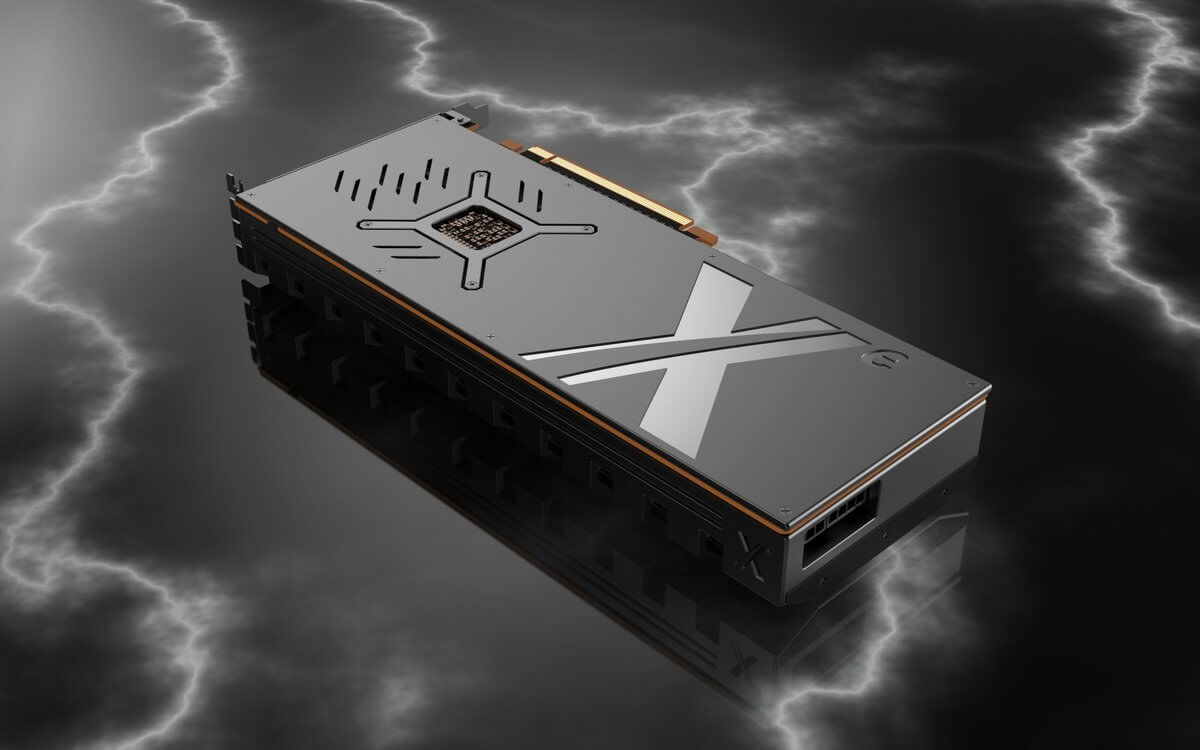Intel’s manufacturing crisis puts company at a crossroads
"Intel shows no sign of changing course, telling employees this month that owning its own fabs gives the company “the ability to control our own destiny.”"
"Keyvan Esfarjani, the newly appointed head of Intel’s manufacturing group, wrote to his organization Aug. 7 to affirm that integrated design and manufacturing “continues to be a crucial differentiator and advantage for Intel.” “We get a competitive advantage from the strong connection between products and process design and will continue to invest in our future process technology roadmap,” Esfarjani wrote. “Also, operating our fabs gives us the ability to control our own destiny in terms of capacity and flexibility for supply.” “Contingency plans” to outsource some manufacturing is a matter of giving Intel flexibility, Esfarjani wrote. He said Intel’s 10nm production is running 20% ahead of what it expected in January and he insisted the outlook is strong."
oregonlive.com
It seems their "contingency plan" is of the small mitigating kind, while the main plan is to get back to business-as-usual.
Will Intel stomach spending much on their contingency plans? The cost of taping out chips on leading-edge processes is becoming astronomical, so having chips ready at TSMC if internal manufacturing fails seems expensive. Can they do contingency planning on the cheap without affecting beloved margins? They are already taking a painful cut to their gross margins as they ramp up production for Tiger Lake and upcoming products on their expensive low-yielding 10nm process.
And how can they get a supply agreement of sufficient magnitude and longevity, if it is just a contingency?



